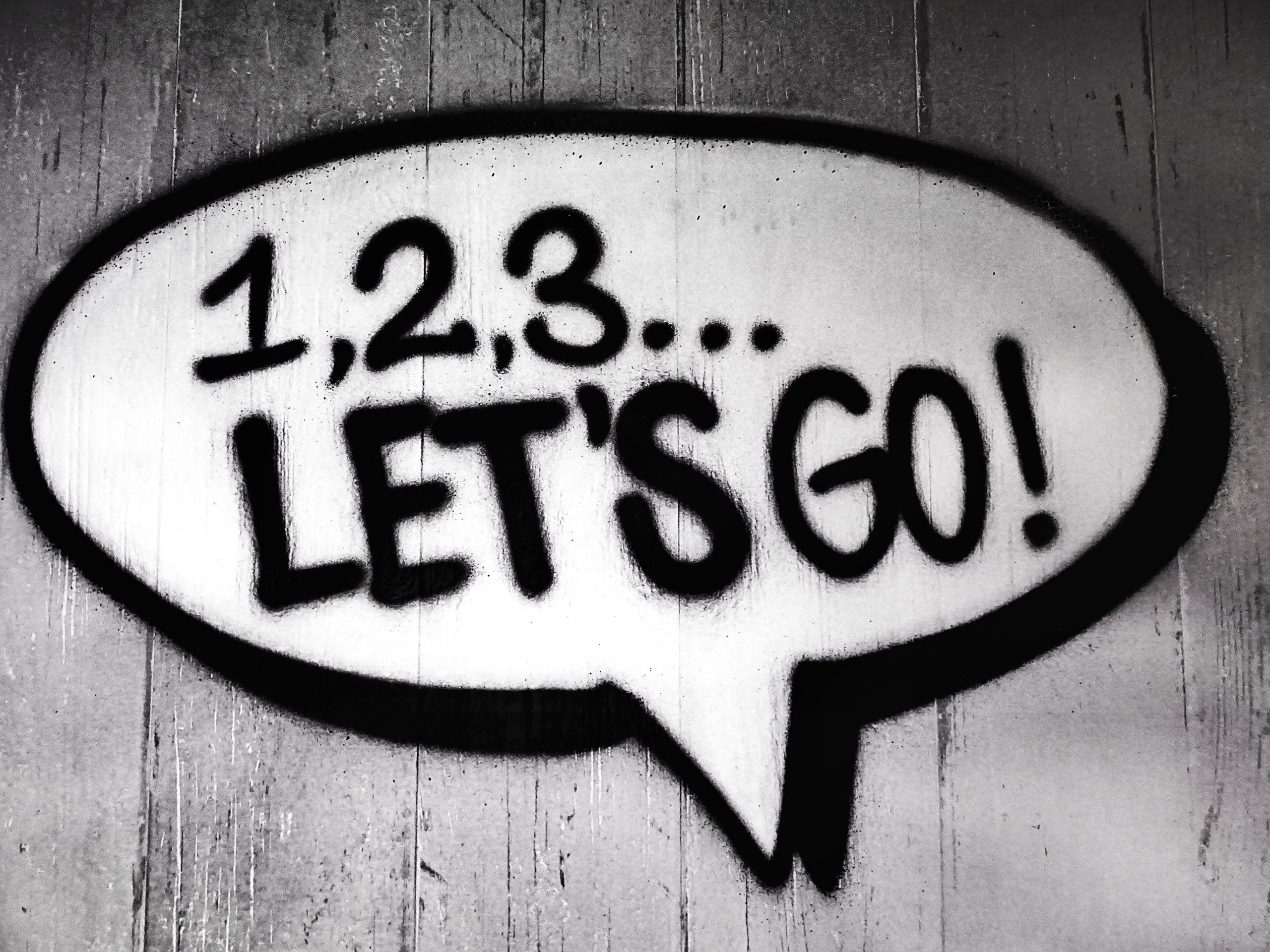SELF-LOVE

Self-Love Means Having Regard for One’s Own Well-Being and Happiness
Self-love is like watering a plant: you don’t need to do it every day, but if you don’t water it enough – or at all – it will not only NOT grow, but eventually wither away and die.
Additionally, if – as a plant – you want to give a lot of oxygen (energy) and protection to the people around you, you won’t be able to do so if you’re 2 inches tall, withered and close to dying. Ideally, you want to be a tall tree with giant leaves that not only spreads tons of oxygen around you, but where people can find protection and shelter. Just like a tall tree, however, you won’t get there overnight, but rather with steady, long-term watering.
Moreover, just like with many other things, there is no one-size-fits-all approach.
Needless to say, every plant is different: some are tall, others small. Some grow fast (like bamboo), others take much longer (like Japanese maple). Some love heat, while others prefer a colder climate. Some have giant leaves, others tiny needles, while still others have no leaves at all.
Does this mean a tall tree is better than a small flower? Is a plant, like grass, that can grow almost anywhere in the world better than one that only grows on a very specific island?
The answer is: of course not. No plant is better or worse than another, just like one person isn’t better or worse than another one. Just different – with distinct strengths and weaknesses.
And this is a big part of self-love: realizing and accepting yourself for who you are.
“To be yourself in a world that is constantly trying to make you something else is the greatest accomplishment.” (R.W. Emerson)
Or:
“Everyone is a genius. But if you judge a fish by its ability to climb a tree, it will live its whole life believing that it is stupid.” (Unknown)
Fully loving yourself, which means accepting everything about you – the good and the bad – is the ultimate goal of self-love.
How you get there and how long it takes, however, is different for everyone. The goal may be the same, but the ways to get there are endless.
But what do I do?
While now you might have a better understanding of what self-love means, you might be left wondering “well, but what’s the right path for me? What do I need to do to get there? Where do I start?”
Unfortunately, we don’t have the right answer for you. However, we do have some tips on how to get started on your journey towards self-love.

Just Start. Now.
There are basically two things you need: doing (remember: love oftentimes means doing something that requires some form of effort) and resources (for inspiration and motivation).
Note: (This isn’t advice for self-love alone, but for almost anything you want to learn in life.)
Resources
There are plenty of resources when it comes to finding a way to learn about self-love. There are people you can talk and/or listen to, and there are different kinds of mediums – internet, books, films, music, art, etc.
The advantage of people is that oftentimes you can have a conversation with them. They are not like a book, which can only be read (and perhaps interpreted). The point is a book is a thing and won’t answer you if you ask it a question. A person, on the other hand, can give you an answer to a question you asked. You can have a conversation with them and thus they may be able to provide you with information.
How useful that information is to you is another matter. But a person – a friend, family member, classmate, co-worker, therapist or spiritual leader, a member of a group you’re a part of – is one possible resource when it comes to learning about self-love (and any other subject for that matter).
While this may sound obvious to a lot of people, not everyone uses this kind of resource the right way. It is not just important who you talk to, but how you talk to them and what kind of questions you should be asking (Quick tip: it’s better to ask too much than too little, even if you feel as though your question might be stupid. Check out this great article about asking questions: Never stop asking “stupid” questions – BI Polar (ssbipolar.com)).
Obviously, people have different ideas, opinions and advice – not just about self-love, but in general. Your friend may have a more simple idea of what self-love means than an expert in the field, like a therapist or a spiritual leader. However, this does not necessarily mean that your friend’s idea is of less value than the expert’s. Sometimes a simple idea is more helpful than a complex one.
In addition, it takes time to figure out who to ask what kind of questions, and whose answers are better, or should we say, more helpful to you than others. But the more you do it, the more you talk to people, asking questions and receiving answers, the more you will be able to separate the wheat from the chaff. You’ll get a feeling of what input is beneficial to you and what isn’t. Once again, what works for someone else might not work for you and vice versa.
Trial and error and try again.

DOING
This is the hard part. You just need to do it.
Do you know these motivational boosts you get from time to time? Where you learn something, whether it’s because of something you read, heard, or watched, and you get that feeling of: “Yes! I can do this! I’ll start first thing tomorrow!” But then tomorrow comes and you… don’t do it. Or, you do do it, but then you don’t do it again the day after. Or, at the latest, you stop doing it a week later. And that’s understandable, because who wants to do something voluntarily that requires effort?
However, just like with any other skill you want to get good at – be it sports, math, your job, a hobby, your relationships, etc. – you need to put in the work. Not necessarily all the time or every day, but at least some. Remember the analogy about the plant? If you don’t water it from time to time, it will not only not grow, but eventually wither away and die.
Take a look at, for instance, a professional in sports (football, tennis, gymnastics, basketball, etc.), who makes what they do look very easy. You might even think to yourself: “That doesn’t look too difficult. I can probably do that, too.” And when you go out and try, you realize it’s not so easy after all. But what you never really get to see when you watch a professional like that, are the countless hours of training they went through every day to get to that point. You only get to see the final result. The hard part is not winning the game or trophy (although that is pretty hard, too), but to get up every day and train, even if they feel like they don’t want to. This, again, requires effort.
If you are somewhat discouraged at this point, don’t be. Two things: One, effort doesn’t necessarily mean doing something you don’t like. On the contrary, oftentimes when you put in the effort the motivation will follow. You begin to realize how much you actually enjoy whatever it is you’re doing. You just need to do it.
Secondly, you don’t have to become a professional at anything. You don’t need to work on your self-love every day if you don’t want to. The aforementioned example is just to show you that if you want to get good at something (and good means something different for everyone), you need to put in some kind of effort – whether that’s every day, once a week, or maybe even just once a month.

Why should I care about Self-Love?
Well, because are you not the most important person in your life? You have to live with yourself 24/7, all your life! Wouldn’t it be nice if you got along with yourself, or better, fully appreciated yourself for who you are? Many people can’t do that, simply because it’s so very hard!
“But that’s called being selfish!”
No, it is not. On the contrary. Only by learning self-love, and therefore understanding yourself and accepting yourself for who you are, will you be able to love others. Statements like “you must first love yourself before you can love others” are oftentimes casually made, even frowned upon, without really being given any kind of deeper thought. But just because it sounds like a cliché, doesn’t make it any less true.
If you are not at peace with yourself, how can you be at peace with another person? If you are not able to understand and be good to yourself, how can you understand other people?
So start right now!
